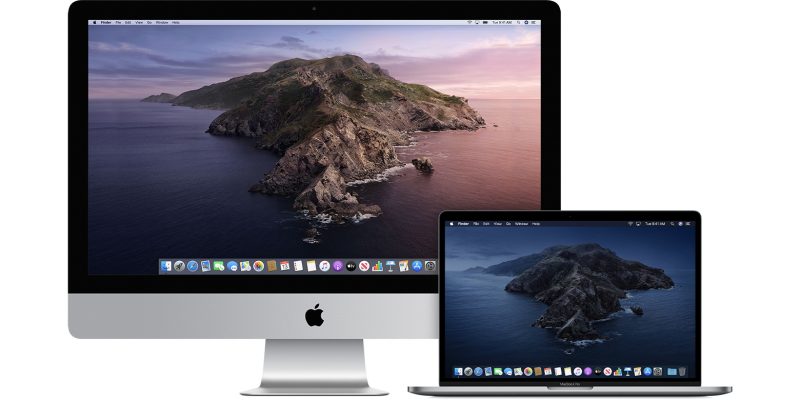
Apple today seeded the first beta of an upcoming macOS Catalina 10.15.4 update to its public beta testing group, with the new public beta coming five days after the release of the first developer beta.
Beta testers who have signed up for Apple's beta testing program will be able to download the new ?macOS Catalina? beta through the Software Update mechanism in System Preferences after installing the proper profile.

Those who want to be a part of Apple's beta testing program can sign up to participate through the beta testing website, which gives users access to iOS, macOS, and tvOS betas.
The macOS Catalina 10.15.4 update introduces Screen Time Communication Limits, a feature that was brought to the iPhone in the iOS 13.3 update. Screen Time Communication Limits allow parents to limit who their children contact and when communication apps are available.
The update also includes a new Head Pointer Accessibility option that allows the mouse cursor to be controlled with head movements using the Mac's built-in camera.
References to new AMD processors were discovered in the macOS 10.15.4 beta, leading to speculation that Apple is working on AMD-based Macs, but it's not clear if these references are simply for internal testing rather than evidence of an AMD Mac.
Though not directly related to ?macOS Catalina? 10.15.4, Apple is adding a new universal purchase option for macOS and iOS apps, which will allow Apple device users to purchase one app that works across multiple platforms.
Article Link: Apple Seeds First Beta of Upcoming macOS Catalina 10.15.4 Update to Public Beta Testers

